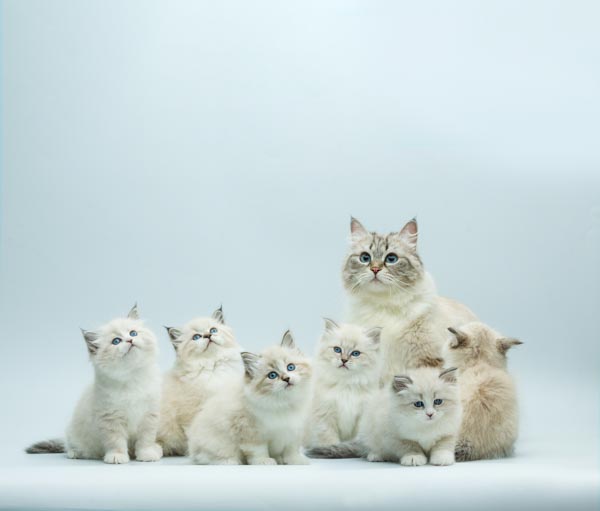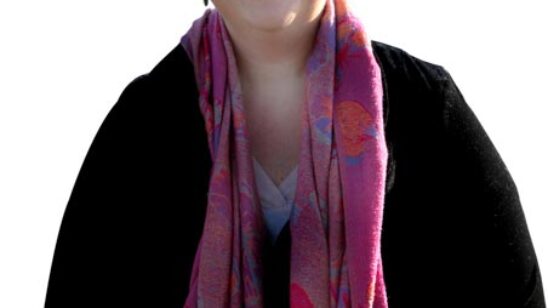
Kittens for kittens: Ourvets
Little Luna was barely more than a kitten when she became pregnant.

Luna was 11 months old and around two months pregnant, with a very large belly. Her owner brought her to see Ourvets Veterinarian Alice Finch because she was worried the babies might not be alive. She waddled across the exam table and flopped down behind the computer. “All of her energy was feeding the growing kittens, and not her own growth,” says Alice. “Pregnancy takes a major toll on the body – especially when the mother is very young.”
Cats (and dogs) can become pregnant from as young as six months old, so at Ourvets they recommend de-sexing around five to six months of age. The process is straightforward – pets will stay in at the clinic for the day; the vet will examine them and make sure they are fit for surgery; then the procedure is performed under general anaesthesia. “Clients will often report they are ‘back to normal’ by the following day but it is very important to keep pets quiet and limit exercise after the procedure to allow for healing,” Alice says.
Entire males and females are at higher risk of many cancers developing as they age. Females are also at risk of pyometra (infection of the uterus). This can be life threatening and very costly to treat. Entire males have a higher risk of prostate issues associated with high levels of hormones. Desexing eliminates many behavioural problems – often linked with aggression (which can play a part) but problems are often related to roaming and inappropriate marking. If you have any questions or concerns about your pet’s health, don’t hesitate to give your vet a call.
Luna was put onto a high energy diet and received regular checkups to make sure she made it through her pregnancy safely. Luna will be spayed once the kittens are weaned and the kittens will only go to homes that are aware of the benefits of desexing. Both Luna and the kittens are doing very well!
To find out more about Ourvets, visit www.ourvets.co.nz.




